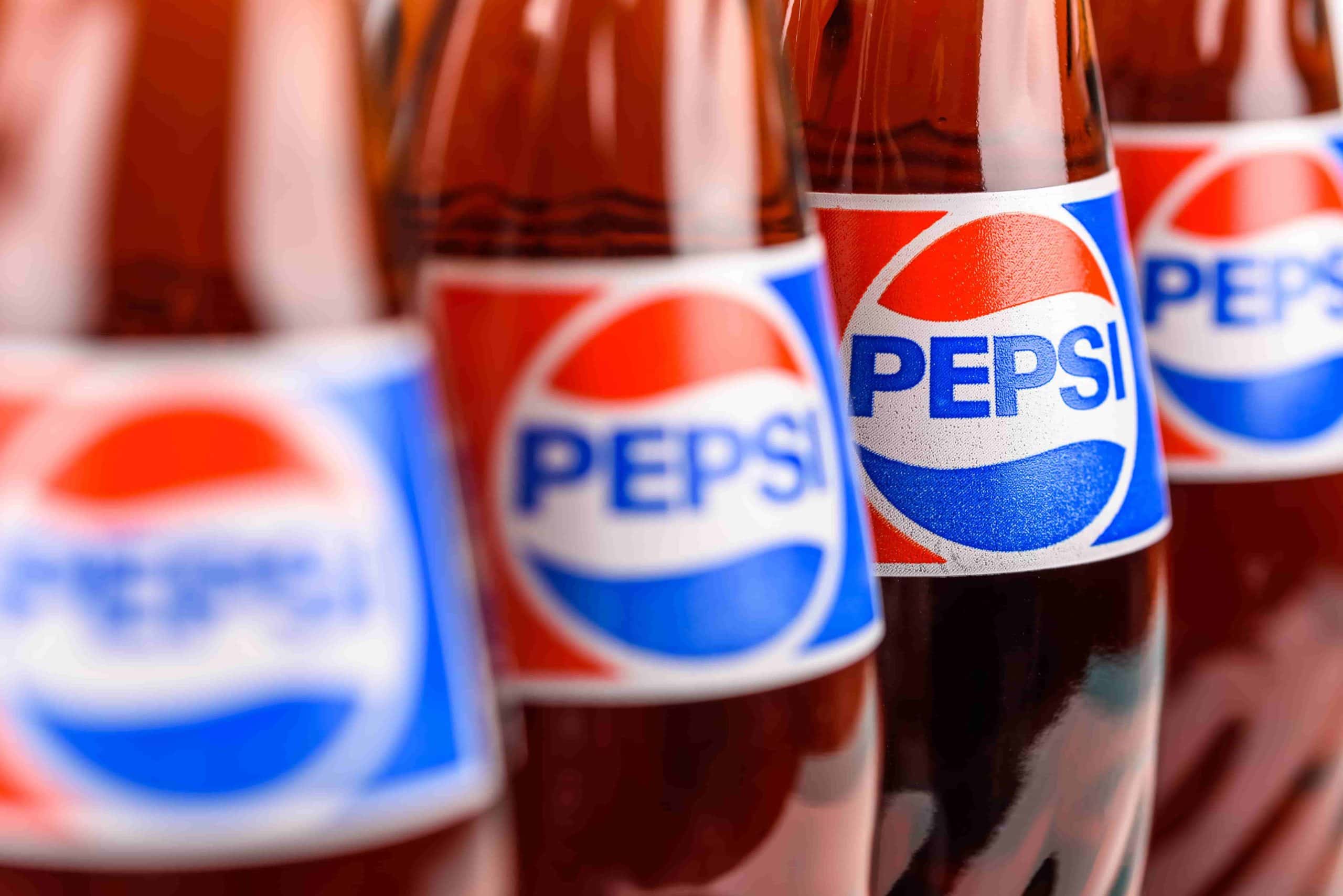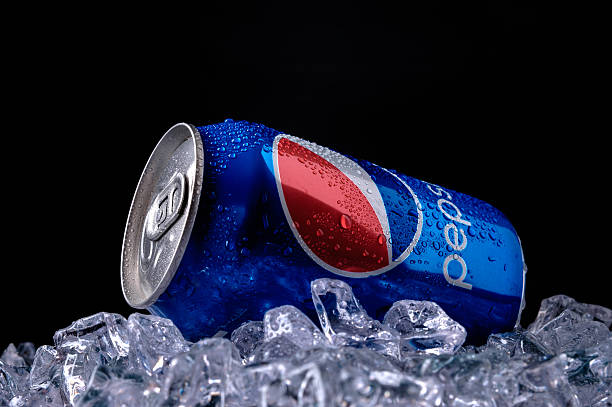Pepsi is a brand of carbonated soft drink that is produced and owned by PepsiCo. One of the most well-known and widely consumed soft drinks in the world, Pepsi is a popular choice for those looking for a sweet and refreshing beverage. However, many people are also concerned about the number of calories in a can of Pepsi and how it might affect their health. In this article, we will examine the calorie content of Pepsi and discuss how it relates to weight management and overall health.
A 12-ounce can of Pepsi contains 150 calories. This number comes from the fact that Pepsi is made primarily from carbonated water, high fructose corn syrup, caramel color, sugar, phosphoric acid, caffeine, and natural flavors. High fructose corn syrup and sugar are both sources of added sugar, which is a major contributor to the calorie content of Pepsi.
It is important to note that the American Heart Association recommends that men consume no more than 36 grams of added sugars per day, and women consume no more than 25 grams per day. Therefore, a 12-ounce serving of Pepsi alone exceeds the daily recommended intake for added sugars for women.
It’s worth mentioning that the calories in Pepsi, as well as other soft drinks, come mostly from added sugars and don’t provide any essential nutrients such as vitamins, minerals or fiber. Instead, consuming foods and beverages high in added sugars can contribute to weight gain and an increased risk of chronic diseases, such as diabetes and heart disease.
When it comes to weight management, the number of calories in a can of Pepsi can have a significant impact. In order to maintain a healthy weight, it is important to burn off as many calories as you consume. Therefore, drinking a can of Pepsi can add 150 calories to your daily intake, which can contribute to weight gain if you do not also increase your physical activity or decrease your overall calorie intake.
However, it is also important to remember that calories and sugar intake should be considered in the context of an overall balanced diet. It’s okay to enjoy an occasional soda, but it’s best to limit your intake and to choose water, low-fat milk, or unsweetened beverages as your primary drinks.
In addition to its impact on weight management, the high sugar content in Pepsi can also have negative effects on overall health. Consuming too much added sugar has been linked to an increased risk of heart disease, type 2 diabetes, and other health problems. The American Heart Association recommends that women limit their daily intake of added sugar to no more than 6 teaspoons (25 grams) and men limit their intake to no more than 9 teaspoons (38 grams). One 12-ounce can of Pepsi contains 41 grams of added sugar, which is more than the daily recommended limit for men and nearly double the limit for women.
It is important to note that these guidelines are meant to be used as a general reference and may not apply to everyone. Factors such as age, gender, weight, and level of physical activity can all affect an individual’s calorie needs and tolerance for added sugar. Additionally, drinking Pepsi occasionally as part of a balanced diet is not harmful for most people.
Overall, a 12-ounce can of Pepsi contains 150 calories, mostly from the added sugar. Consuming too much added sugar, such as drinking multiple cans of Pepsi, can contribute to weight gain and have negative effects on overall health. It is important to be aware of the calorie and sugar content of the foods and beverages we consume, and make informed choices about what to include in our diets.

 Home
Home Health
Health Diet & Nutrition
Diet & Nutrition Living Well
Living Well More
More












